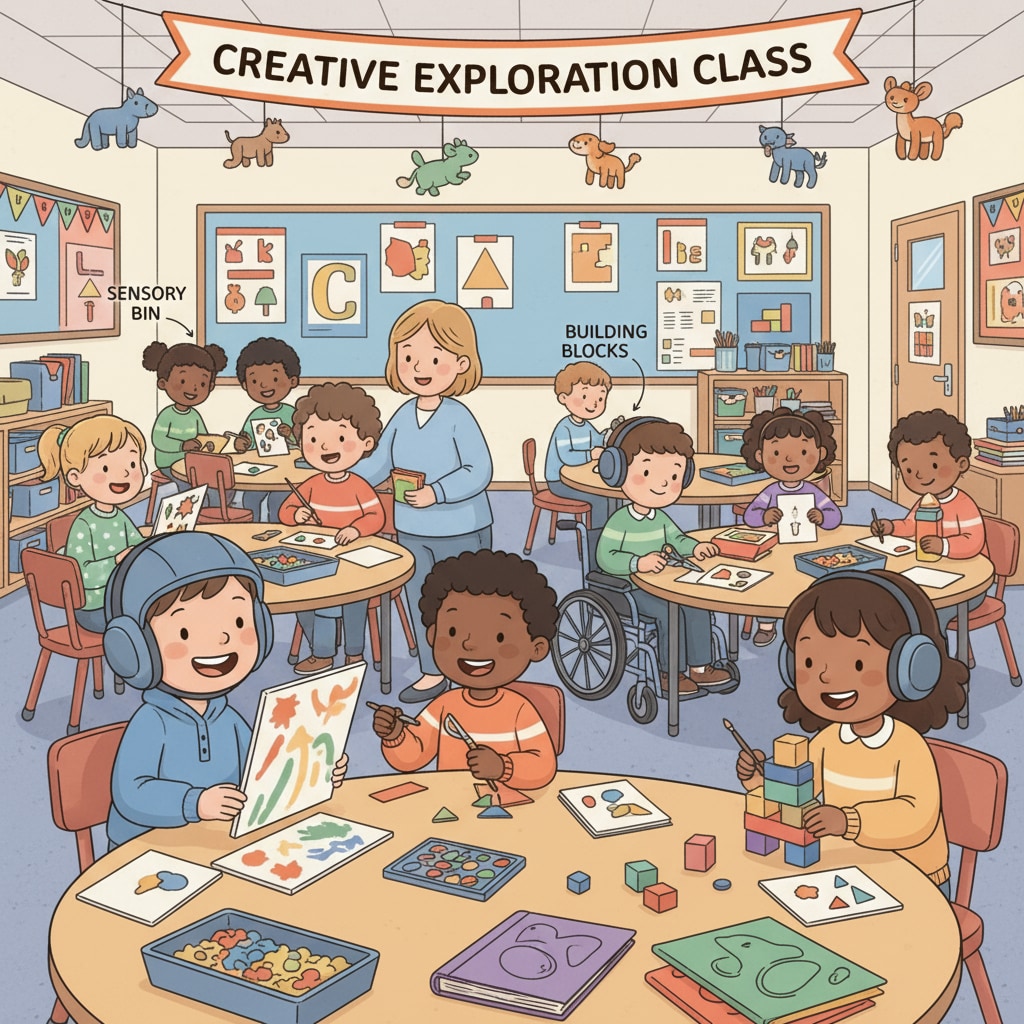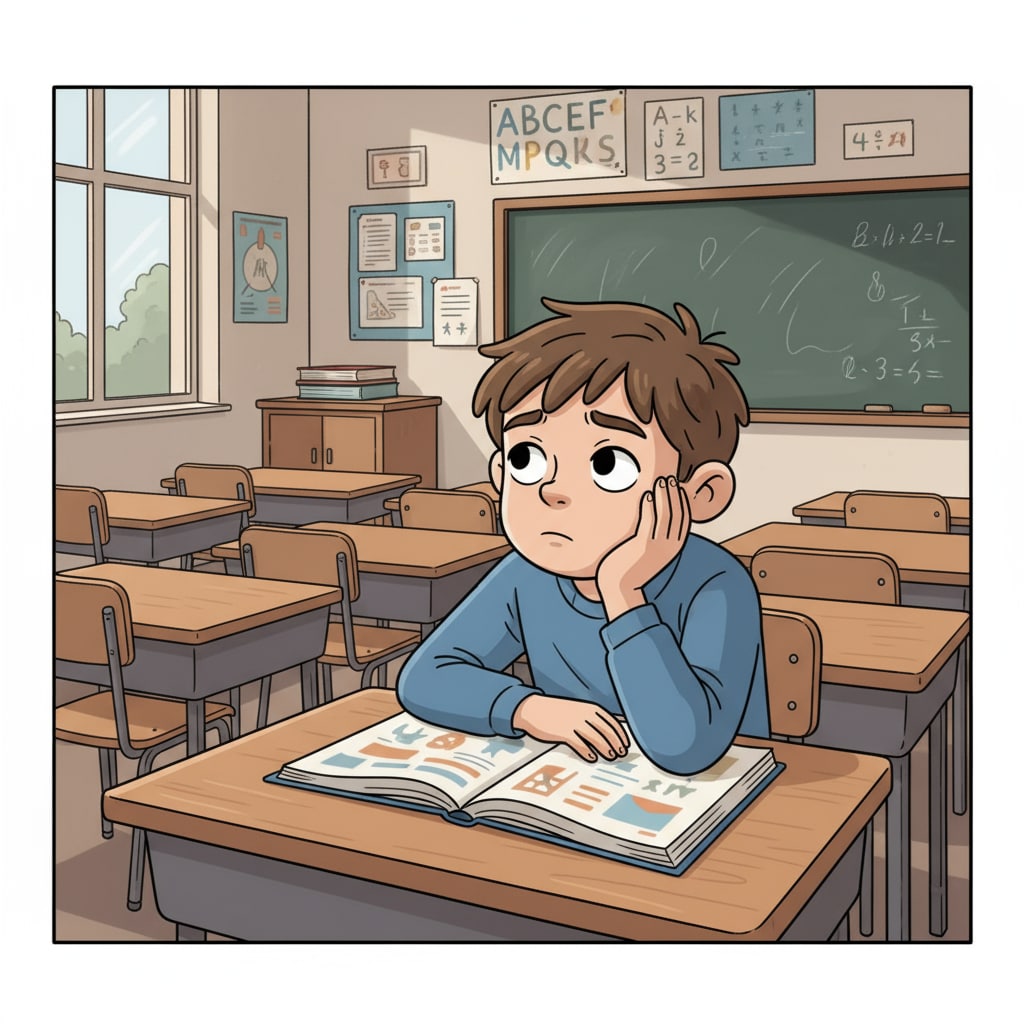Education choices, school alternative options, and negative school experiences are significant concerns when it comes to special needs children. For these kids, traditional education often falls short of meeting their unique requirements. As a result, it becomes essential to look beyond the norm and explore different paths that can better support their growth and development.

Understanding the Limitations of Traditional Education
Traditional educational systems are generally designed to follow a one – size – fits – all model. This approach can be a significant hurdle for special needs children. They may have learning disabilities, behavioral issues, or other challenges that make it difficult for them to keep up with the standard curriculum and teaching methods. For example, a child with autism might struggle in a large, noisy classroom environment with a lot of distractions. According to Understood.org, many special needs children experience negative school experiences in traditional settings due to the lack of individualized attention. This can lead to feelings of frustration, low self – esteem, and a disinterest in learning.

The Search for Alternative School Options
When traditional education isn’t working, exploring alternative school options becomes a top priority. One such option is homeschooling. Homeschooling allows parents to tailor the educational experience to their child’s specific needs. They can set the pace, choose the curriculum, and create a learning environment that is free from the distractions and pressures of a traditional school. Another alternative is Montessori schools. Montessori education emphasizes hands – on learning, independence, and self – directed exploration. This approach can be highly beneficial for special needs children as it caters to their unique learning styles. As stated by The Montessori Foundation, Montessori schools often have smaller class sizes and a more individualized approach to teaching.
There are also specialized schools that focus specifically on the needs of special needs children. These schools have trained staff, specialized resources, and programs designed to address a wide range of disabilities and challenges. Some schools may focus on children with learning disabilities, while others may be more suitable for those with physical or emotional challenges.
Readability guidance: The above content uses short paragraphs to present different ideas. The use of examples helps to illustrate key points. Transition words like “for example” and “another” are used to connect ideas smoothly.
Overcoming Negative School Experiences
Negative school experiences can have a lasting impact on special needs children. However, by finding the right alternative education option, these experiences can be overcome. When a child is placed in an environment that understands and supports their needs, they are more likely to regain their enthusiasm for learning. For instance, a child who previously felt left out in a traditional school may thrive in a smaller, more inclusive alternative setting. Parents and educators need to work together to identify the root causes of the negative experiences and find solutions. This may involve providing additional support, adjusting the curriculum, or changing the teaching methods.
In conclusion, education choices, school alternative options, and addressing negative school experiences are vital steps in ensuring that special needs children receive the education they deserve. By exploring different alternatives and creating a supportive learning environment, these children can reach their full potential and lead fulfilling lives.


